
Аннотация
Jude The Obscure, an almost unbearably sad story about love and sexual desire mapped into the peculiar English matrixes of class and destiny in the Victorian 19th century, has come to be recognized as one of Hardy's most important novels. It tells the tragic story of Jude Fawley, a kid from the country whose aspirations to university scholarship are thwarted; his socially unacceptable love affair is also a disaster. *** In the sequence of Thomas Hardy's novels, Jude the Obscure (1895) is the last, and the fiercest, work. It is variously realistic and expressionistic, ironic and elegiac, symbolic and documentary; indeed, the list of its paradoxical attributes can be extended at length, for it is understated and strident, Victorian and modernistic, clumsy and adroit, benign and bitter, subtle and blatant. Its ferocity and ruthlessness mingle with its keen sensitivity, compassion and modes of comedy. Depicting a strife of ideas, beliefs, traditions and prejudices, it is wounded and sounding novel. Hardy denied that Jude the Obscure was autobiographical; but, in all its tensions and conflicts, which it both describes and enacts, it is more intimately (if obliquely) autobiographical than the entirety of the lengthy autobiography which Hardy published in the guise of his second wife. That Life of Thomas Hardy often voices reserve, prudence, detachment and circumspection; the novel voices the passion, anguish, anger and division of the deeper self. Through the mask of fictional identities and narration, Hardy speaks more vitally and comprehensively. W.B.Yeats wrote: “We make out of the quarrel with others, rhetoric, but out of the quarrel with ourselves, poetry.” Out of the quarrels with others and with himself, Hardy made Jude The Obscure.

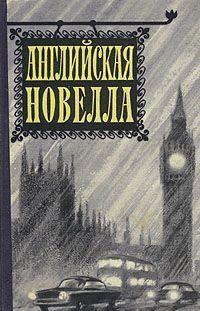
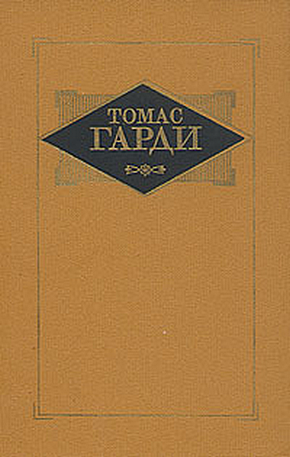
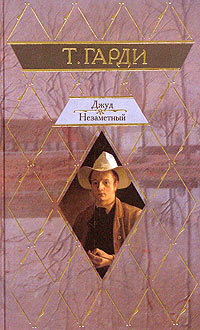
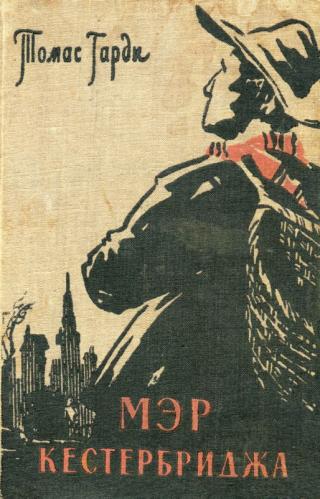
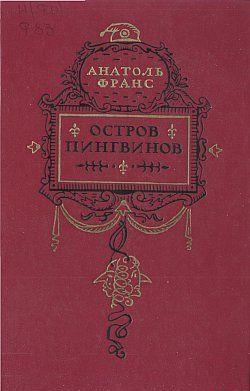
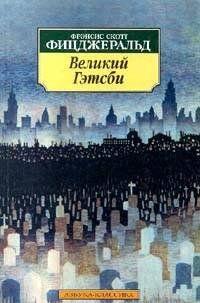
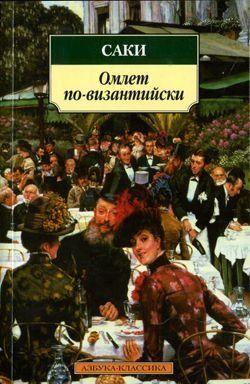
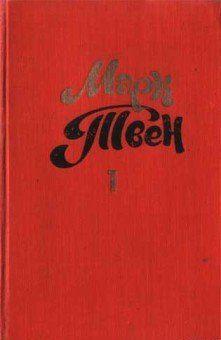
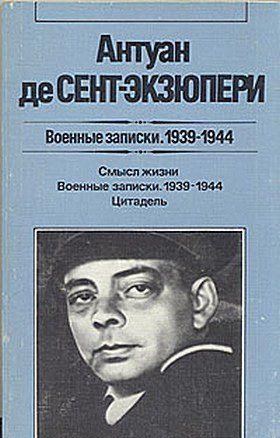

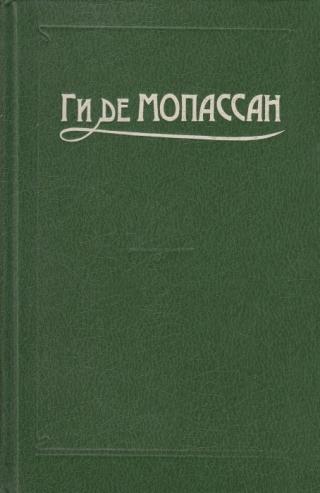
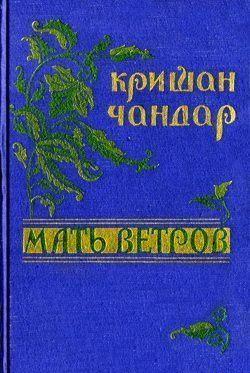
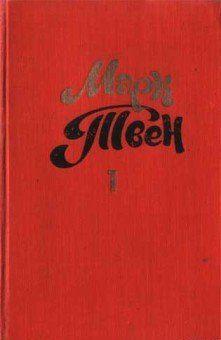

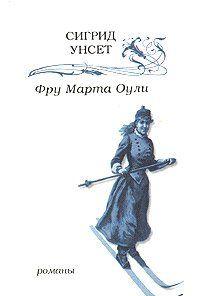
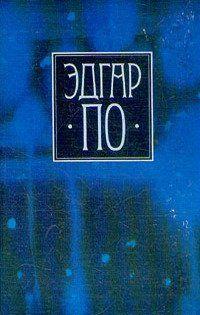
Комментарии к книге "Jude The Obscure"